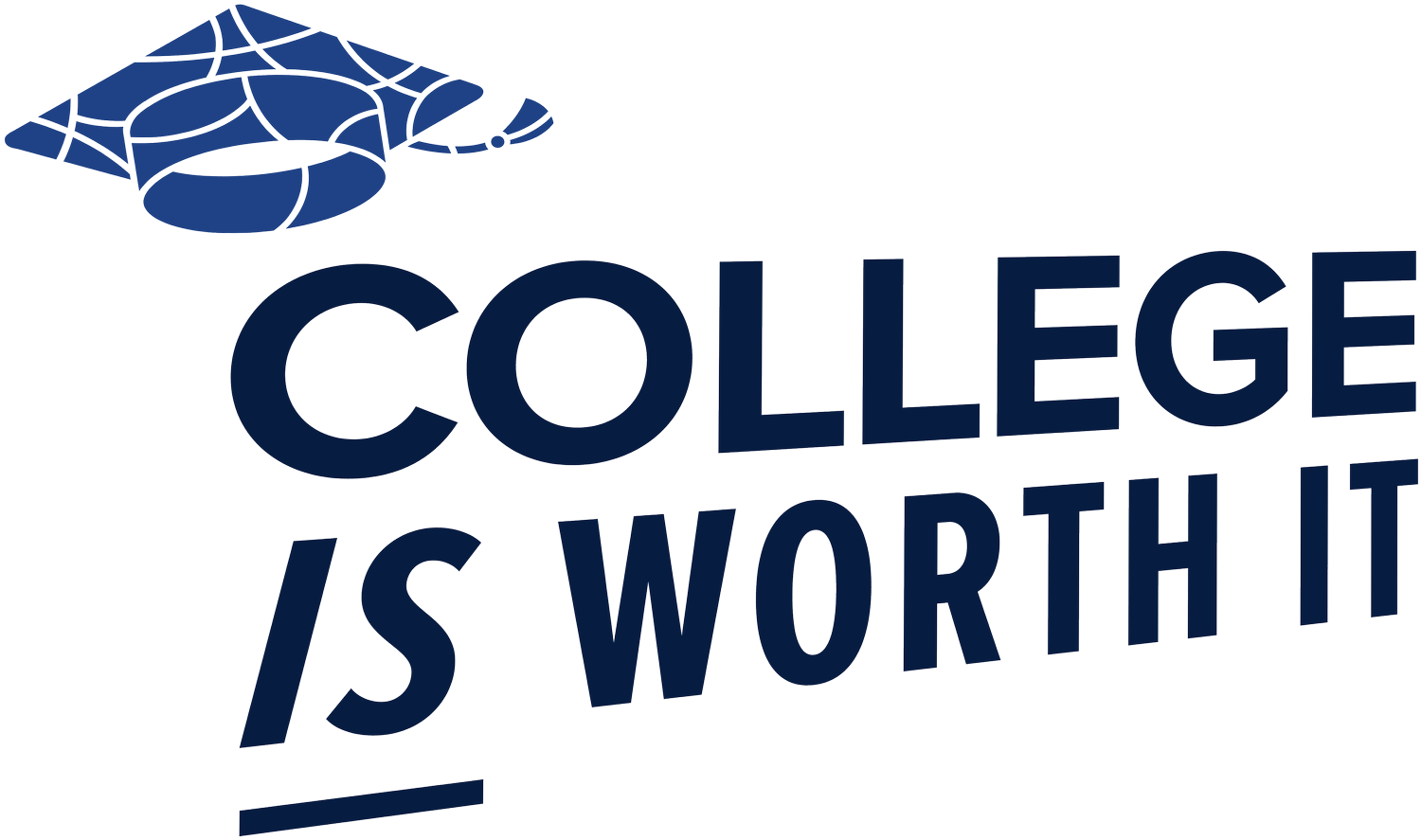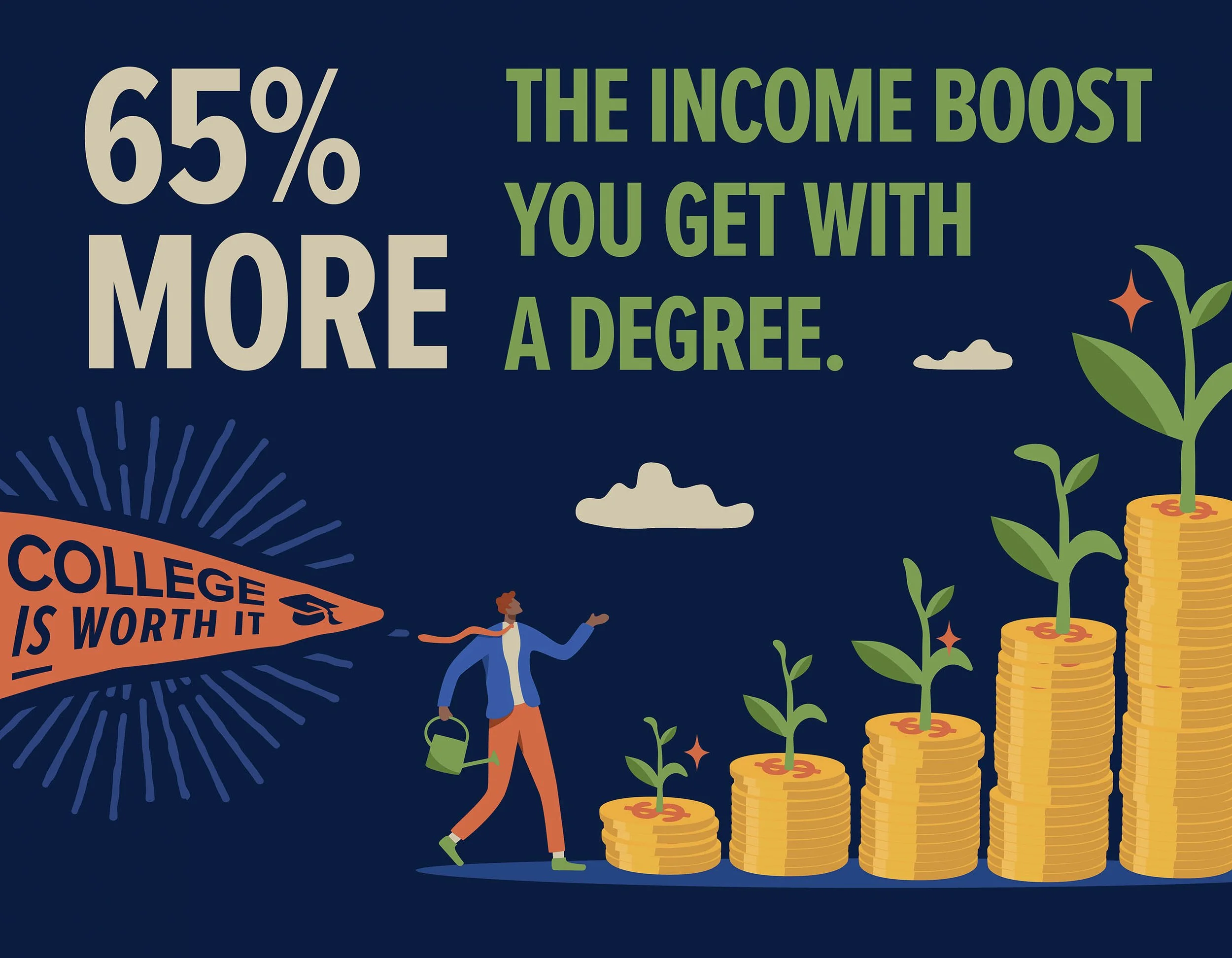
We’ve done the research.
Click the ads to learn more!
The widening gap in death rates between Americans with and without a four-year college degree shows the U.S. economy is failing working class people, suggests a paper discussed at the Brookings Papers on Economic Activity (BPEA) conference on September 28.
In 2019, for those with college degrees, the median value of retirement accounts was nearly $120,000, compared to $20,000 for those with no high school diplomas, and $40,000 with a high school diploma.
For those with no postsecondary degree, the employment rate gap in 2011 was 5 percent or more, while it was just 2 percent for those with a bachelor’s degree.
Volunteerism nearly doubles between non-college-goers (14%) and those with at least some postsecondary education (27%) or who have an associate degree (27%). It increases further to 38% among those with a bachelor’s degree and 47% with a graduate degree.
According to this study, most business owners have a bachelor’s degree (41%) with a significant portion holding a Master’s degree (29%). Ten percent of business owners surveyed hold an associate, while under five percent earned a doctorate (4%). Our study findings indicate that education plays a significant role in small business ownership, as a majority of business owners hold a bachelor’s or master’s degree.












